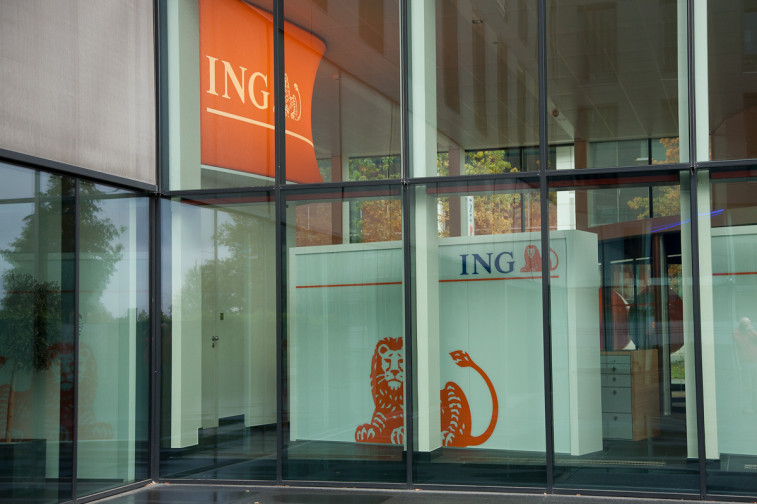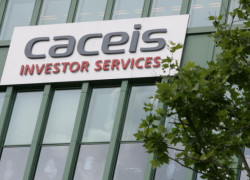In Luxembourg, digital banking users cautious but willing
71% of respondents in Luxembourg rate two factor authentication, fingerprint and password, as the safest.
2/3 of Luxembourg residents consider it safe to bank on a device
Consumers are very conscious of security when they use devices to log into their bank account. However, there is no consensus on the safest authentication method. 71% of Luxembourg respondents think that the 2-factor authentication is safest, whereas 58% and 54% think that fingerprint recognition and a simple password respectively are amongst the safest authentication methods.
In Luxembourg, not all newer technologies are available yet, such as voice recognition.
When asked if using devices is safe or risky, opinions are more divided, 71% of users in Luxembourg think using devices to manage money is safe. Only 36 % label it as risky.
Lack of knowledge on open data sharing
Open banking enables certain providers access to an individual’s financial information held by another organization if the individual has given her permission. There are many possible benefits from this form of data sharing, like for example to have an aggregated view of finances distributed amongst different locations (if you have accounts in different banks for example) in one single interface.
Most people have not heard of this form of data sharing and in Luxembourg 67% of consumers are not aware of it. This is an interesting fact, given that PSD2 (=Payment Service Directive 2) will come into effect in Luxembourg very soon.
In the wide area of digital open banking, PSD2 will play a key enabler role. Indeed as from September 14th 2019, bank’s clients, both consumers and businesses, will get a chance to make their payment accounts reachable, for consultation or initiation of payments, by any duly licensed/registered Third-Party provider.
This will be made possible with a high level of security thanks to strong customer authentication and provided that clients have given their explicit consent beforehand.
Initial hesitance to automated investment decisions but open to robo-advising
Robo-investing is still mostly a no-go. In Luxembourg, 74% of respondents say no to letting a computer program make investment decisions on their behalf. That figure is even higher than it was in 2017, when 52% of respondents in Luxembourg were rejecting any kind of automated financial activities. People would rather keep control even if this means giving up possible rewards.
If the computer program only makes suggestions, rather than decisions, 35% of Luxembourg
respondents would be ok using it.
Robo-advising is a relatively new technology, so hesitation is understandable.
Communiqués liés
La réponse de Luxair aux défis de brouillage GPS
Récemment, des incidents de brouillage GPS ont été signalés dans l'industrie...
Drees & Sommer chez 10x6 : Aperçu de la vision du New Europ...
Drees & Sommer Luxembourg a le plaisir d'annoncer sa participation à l'événem...
Un résultat courant en hausse de 7,5 % par rapport à l’e...
Dans un climat incertain, Banque Raiffeisen reste fidèle à ses valeurs et à s...
NMB Bank brings East Africa’s first sustainability bond to...
Just over a year after listing the first Sub-Saharan Africa gender bond on the L...
Allen & Overy announces first promotions in Luxembourg for A...
Allen & Overy (A&O) has announced the promotion of two new partners, three new c...
Il n'y a aucun résultat pour votre recherche







